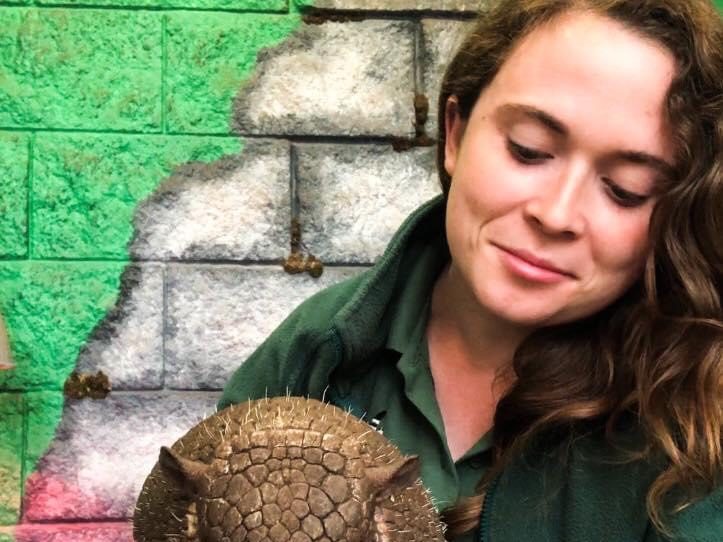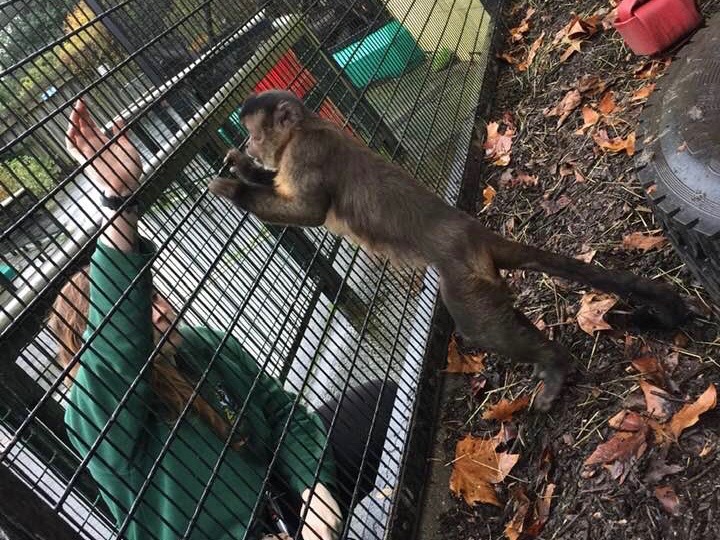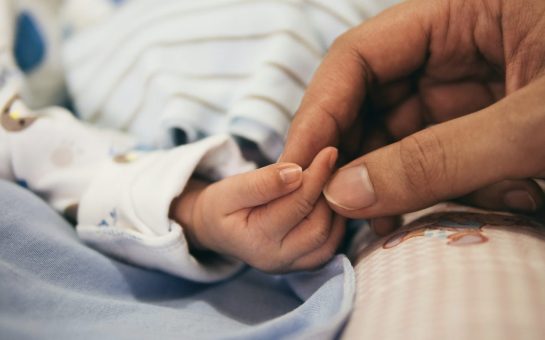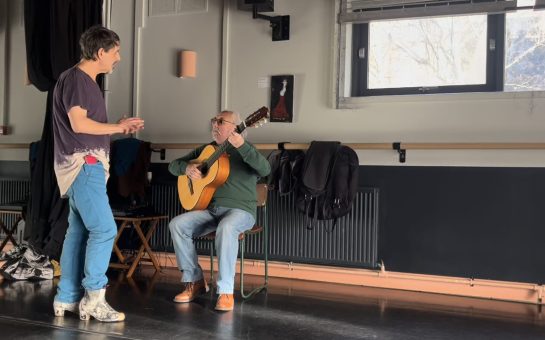A Battersea Park zookeeper has been nationally recognised for her pioneering physiotherapy techniques for capuchin monkeys.
Charlotte Coventry, 27, was faced with the tricky task of teaching a capuchin monkey to use its injured leg after it was bitten in a hierarchy fight.
Diablo, one of three capuchin monkeys at Battersea Park Zoo, had a difficult recovery as zookeepers were unable to manually manipulate his muscles due to contact restrictions.
Capuchin monkeys are ranked as category one dangerous animals, alongside big cats and rhinos, and are the most dangerous held at Battersea.

Coventry’s work, published by the Association of British Wild Animal Keepers, is the first time physiotherapy has been recognised for use on primates and will help other keepers develop similar training protocols.
She said: “It was very exciting to be published. I didn’t expect Diablo would be able to walk on his leg again based on how serious it was at the beginning. I was proud to have achieved that and also gain recognition in the zoo community for it as well.”

As Diablo’s deep bite wound recovered, zookeepers noticed he wasn’t putting any weight on his leg and assumed the injury had also damaged the tendons.
The physiotherapy technique used involved encouraging Diablo to place his weight on both of his legs.
A clicker would then be used and a raisin given to Diablo so the reward was associated with the movement.
This Positive Reinforcement Therapy was carried out up to three times a day over seven months.
Coventry, senior keeper at Battersea Park Zoo, said it wasn’t always straightforward and there was a lot of waiting around before the correct movement happened.
She said: “Capuchins are one of my favourite animals to work with because they are so intelligent, but Diablo was the least intelligent out of the three monkeys.
“I thought it was going to be very difficult to get him to walk on his leg again but he’s been using it perfectly.”
The Positive Reinforcement Therapy techniques used on the injury have also helped the keepers train the capuchins to go into a crush cage, making trips to the vets where the monkeys have to be darted less stressful.
She said: “As we’re not allowed to go in the enclosure under any circumstance, it makes our lives much easier. They could do a lot of damage.”
Studying a master’s in wildlife, biology and conservation at Edinburgh Napier University alongside her role at Battersea, Coventry hopes to publish more of her research.
For now, her current project is installing a new reptile house at Battersea Park Zoo.




